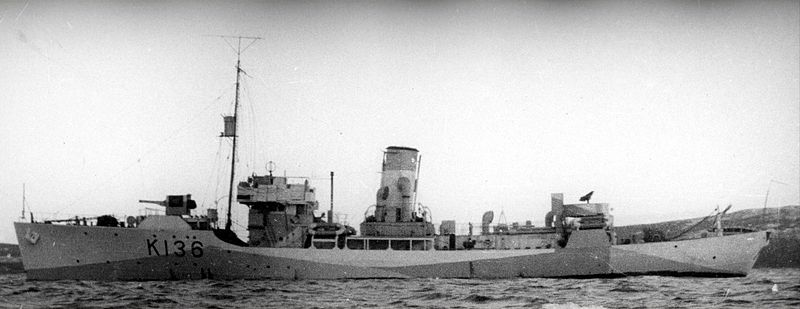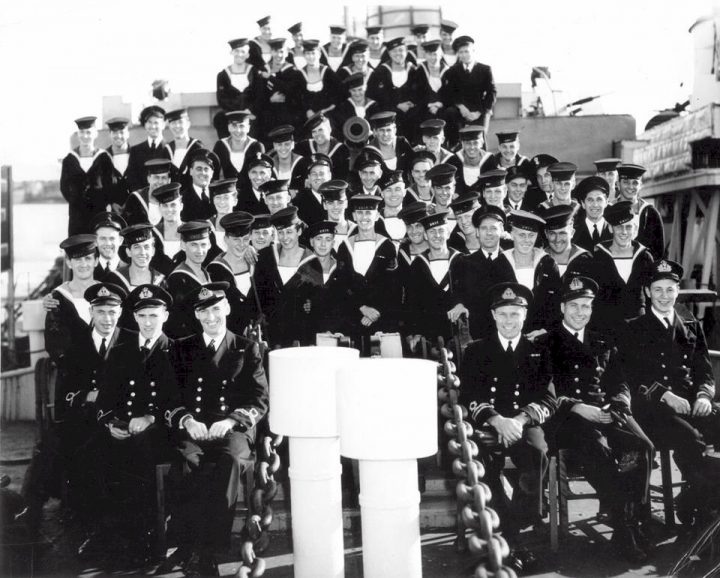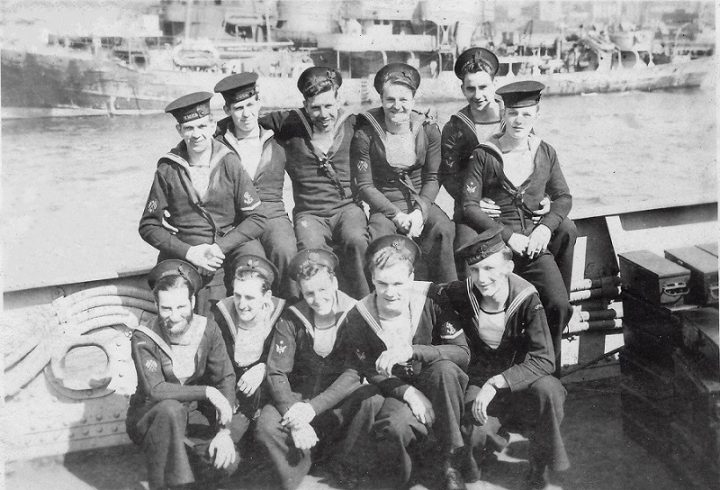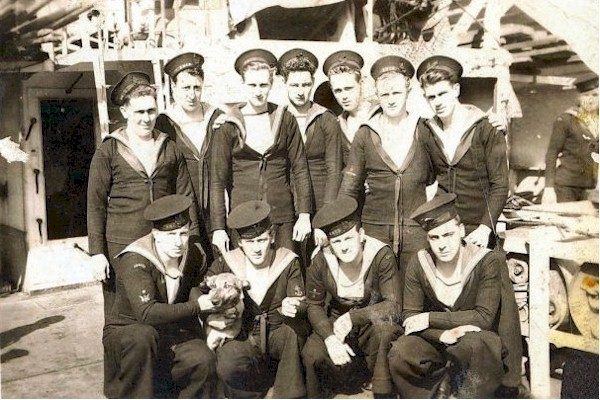SASKATOON – It’s been 71 years since the Battle of the Atlantic ended, but those lost have not been forgotten.

“The Battle of the Atlantic is a keynote feature in the Royal Canadian Navy’s history,” said Commodore Mark Watson, Canadian Forces morale and welfare services director-general. “It was the longest battle in the Second Word War, where over 2,000 Canadian sailors perished fighting the Nazis.”
HMCS Unicorn, Saskatoon’s navy recruiting base, commemorated the special occasion with a parade on Sunday afternoon.
“The reason the ceremony is held on the first Sunday of May is because that’s the closest date we have to the ending of the Second World War,” Watson said.
According to Lt.-Cmdr. Matthew Dalzell, the Battle of the Atlantic was a “coming of age” for the Canadian navy.
“At the beginning of the war there was about a dozen ships and about 4,000 sailors and, by the end of the war, it was the third-largest allied fleet with over 350 ships, 90 to 95,000 sailors, men and women,” Dalzell explained.
READ MORE: Inside HMCS Unicorn, Saskatoon’s navy recruiting base

Get daily National news
During the Second World War, 3,600 sailors were recruited from Saskatoon and area to join HMCS Unicorn, but many wouldn’t return to the prairies.
“Of those 3,600 people, 65 from Saskatchewan did not come home,” Dalzell said.
“We remember 33 ships that were lost throughout the war and 11 of those ships had sailors from Unicorn.”
Success came at a high cost. On top of the Royal Canadian Navy’s fatalities, the merchant navy lost 70 ships and had over 1,700 fatalities, and the Air Force lost more than 900 crew.
But for Dalzell, one loss stands out.
“In particular, one that’s always very poignant for me is HMCS Shawinigan. It was lost in November of 1944 and it was lost with all hands. It was the only Canadian war ship lost with no survivors.”
What adds to the tragedy is that the ship was lost in Canadian waters off the coast of Newfoundland.
“The night of her sinking, people in Port-aux-Basques actually heard the explosion,” Dalzell said. “What’s significant about that is that four members from Saskatoon were lost.”










Comments